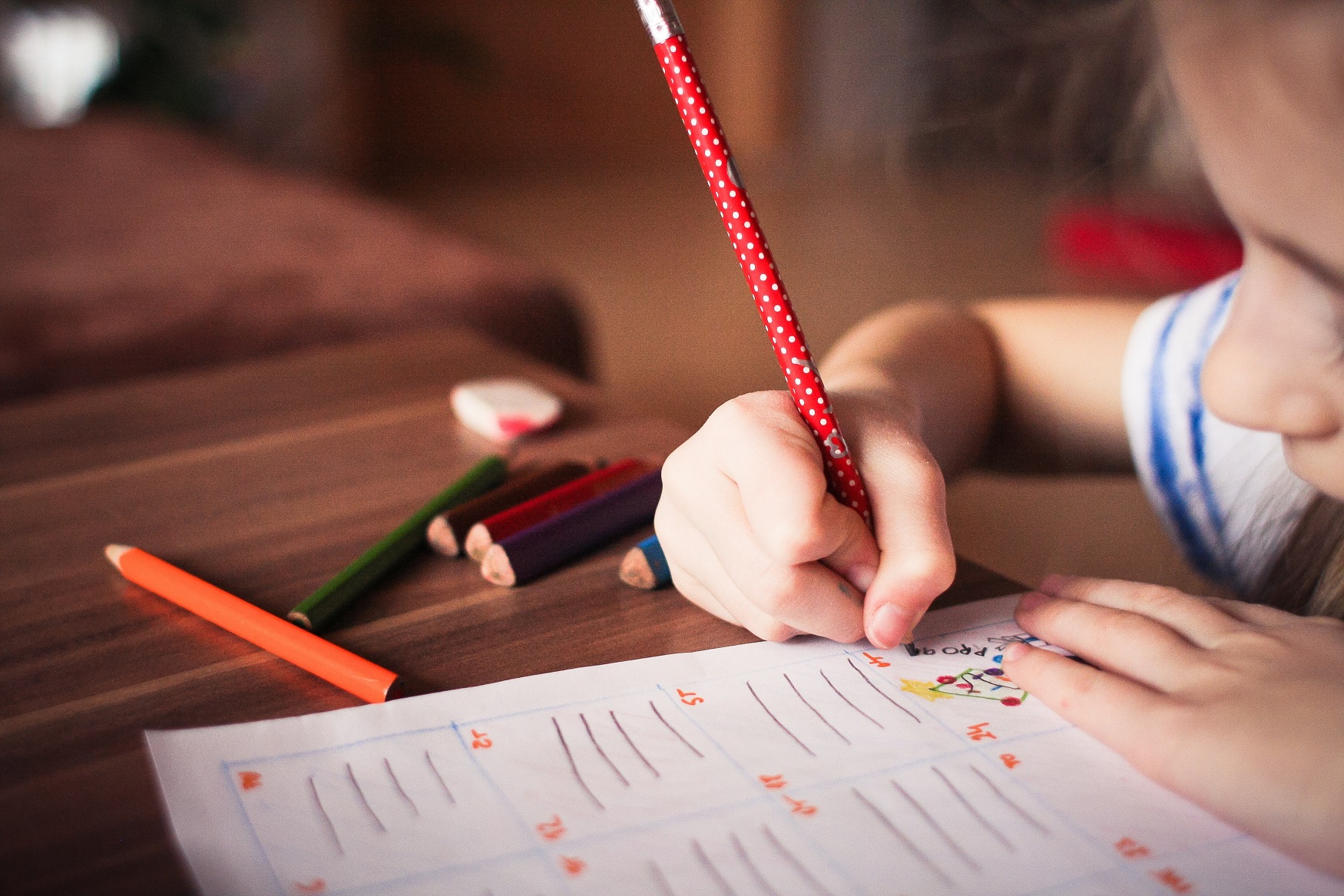How to support children’s mental health
It’s estimated that 1 in 10 young people experience mental health problems1. This includes anxiety and depression and is often a direct result of what’s happening in their life. As a parent or guardian, there are so many ways you can provide mental health support for children.
1. Exercise
As a parent, you may spend a lot of time figuring out fun ways of getting your child to exercise. But mental health and exercise should go hand in hand. From releasing stress to boosting endorphins, there are so many benefits of exercise on mental health and these apply to kids, too.
With this in mind, it’s recommended that your child exercises for 60 minutes a day. This can be broken up into two or more sessions and can involve indoor and outdoor activities.


2. Dedicate time to them
Spending quality time with your child without a screen or distractions shows that you have their undivided attention and that they can confide in you whenever they need to. This, in turn, builds trust and will encourage them to come to you whenever they’re having a problem. If and when they do, listen carefully and considerately, empathising with them. Over time, they will feel fully and unconditionally supported by you.
3. Talk openly about mental health
Let your child know that what they’re feeling is completely normal and that everybody has ups and downs with their mental health. The more you normalise and validate their feelings, the more likely it is that they’ll open up about how their emotions so you can then guide them through it.
4. Create routine
Unpredictability can make children feel worried. Over time, this can lead to anxiety.
By creating and sharing a schedule or allowing them to build a routine themselves with your help, they’ll feel safer knowing what tasks they need to complete as well as having things to look forward to.
Use a chart or whiteboard and work with them to define tasks they could do, such as reading, learning something new, playing outdoors, cooking or drawing. Then start adding these to the chart in time allotments of 30-60 minutes.

5. Teach feelings
Does your child understand the difference between anger, anxiety and frustration? Do they know what loneliness or depression looks or feels like?
If children can’t find the right words to express how they’re feeling, it can be incredibly frustrating. Teaching your child about the different kinds of emotions – both good and bad – will not only help them recognise if and when they feel it but also help them to communicate it.
On top of teaching them about the different kinds of emotions, you could also help them by giving some example answers when you ask them how they’re feeling.

6. Boost their confidence
When children lack confidence, they’ll think negative thoughts about themselves or develop a defeatist attitude. To combat this, give plenty of encouragement when your child is performing a task and then offer praise when they’ve completed it. This will increase their self-esteem and happiness as a result.
7. Spot the changes
Depending on how young your child is, it may be hard for them to communicate how they’re feeling. This is why it’s crucial that you understand the signs of potential mental health issues to then make extra effort in combatting these issues.
Some changes of behaviour that may indicate a deterioration in mental health could be:
- Changes in overall mood
- Greater feelings of sadness or frustration
- Avoiding playtime or people
- Loss of appetite
- Changes in sleeping or increased nightmares
- Not wanting to engage in their favourite activity
Finally, if you’ve followed these tips and you’re still worried, you can seek mental health help for children by either speaking to a fellow parent or contacting a professional.
1 source: https://www.mentalhealth.org.uk/a-to-z/c/children-and-young-people

How we support Children's Mental Health?
We asked GLL staff for ideas on how to help children's mental health. From Stay & Play to enabling positive relationships, here are some of their suggestions.














